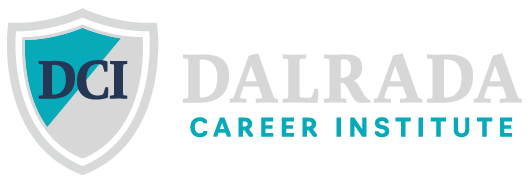If you’re considering a career in healthcare but aren’t sure which path to take, the Licensed Vocational Nurse (LVN) role is a strong option to explore. LVNs play an important part in patient care, working alongside registered nurses and physicians in a variety of healthcare settings. This article provides an overview of what it takes to become an LVN in California, what you can expect from the training process, and how the role fits into the broader healthcare system.
What Does an LVN Do?
Licensed Vocational Nurses provide direct patient care under the supervision of doctors and registered nurses. Their responsibilities can include:
- Taking vital signs and recording patient information
- Administering medications and injections
- Assisting patients with daily needs (mobility, hygiene, comfort)
- Supporting wound care and basic medical procedures
- Communicating patient updates to the healthcare team
LVNs are often the professionals patients interact with most regularly, making this a rewarding role for those who value direct patient interaction.
Training and Education Requirements
In California, LVN programs are typically designed to be completed in about 12–13 months. These programs combine:
- Classroom Instruction – covering nursing theory, pharmacology, and anatomy
- Clinical Experience – hands-on practice in hospitals, clinics, or long-term care facilities
California requires a minimum of 1,530 training hours (576 theory + 954 clinical).
After completing an approved program, graduates must pass the NCLEX-PN exam to become licensed.
Career Outlook in California
The demand for LVNs in California remains strong. According to state data, job opportunities are expected to grow steadily, with thousands of new openings each year. San Diego and other metropolitan areas are particularly active job markets for vocational nurses, with employment opportunities across hospitals, rehabilitation centers, physician offices, and home health agencies.
Next Steps for Interested Students
If you’re exploring whether an LVN program is right for you, it’s useful to learn about admissions requirements, financing options, and program details. Dalrada Career Institute offers a comprehensive FAQ section that answers many of the most common questions, including timelines, prerequisites, and career outcomes.
Becoming an LVN can be a practical entry point into the healthcare field, offering a relatively short training period and the opportunity to start working quickly. For many, it also serves as a stepping stone to further nursing education and advanced roles. If you’re evaluating career options in healthcare, the LVN path provides both stability and the chance to make a meaningful impact on patients’ lives.
If you’re considering a career that offers stability, growth, and the opportunity to make a real difference, the LVN path is worth exploring. Dalrada Career Institute provides the guidance, training, and clinical experience you need to take this step with confidence.
Registration for the Fall 2025–2026 LVN program is now open.
Start your journey today: Apply Now


